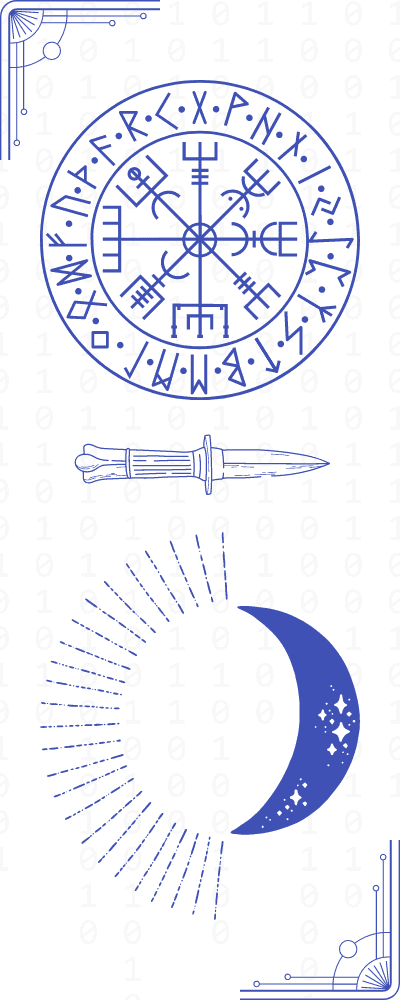We live in unusual times. Anyone can post content that everyone can see without first checking the facts. Media outlets wantonly spread lies because it bolsters their ratings. Many politicians care more about preserving their positions of power than they do the truth.
Times such as these can make us angry, fill us with anxiety, and make us feel even more divided than ever before from our fellow earthlings.
As someone who has studied Buddhism for over a decade now, let me tell you how I deal with it: I sometimes get angry, anxious, and, yes, feel even more distant from those around me than ever before.
America may well be headed for “hell in a handbasket,” but… we always were. No nation has ever lasted forever, and when you look at our history, it wasn’t that long ago that African Americans couldn’t use the same bathrooms as Caucasians. It wasn’t that long ago that America was in a World War against a fascist regime. It wasn’t that long ago that the American government tested dangerous chemicals on their own citizens.
Buddhism is a realistic philosophy; it doesn’t offer empty promises but instead helps us deal with the reality of life as we know it. Here are some ways that Buddhists deal with times like these.
Impermanence
One of the core teachings of Buddhism is that of anicca, “impermanence.” Nothing in our universe – including the universe itself – is permanent, and all things are in a constant state of change (including us).
When things are good for us, we want them to stay the same… but the reality is, they never have and they never will. Our lives will always be filled with highs and lows; we should live every moment of the better times and know that the difficult times will pass.
As someone who is also an entrepreneur in the tech field, “embrace change” is pretty familiar to me! When it’s a shiny new techie thing, that’s easier than when it’s death and destruction and hunger and loss. Accepting that change is a constant and that it won’t always be in our favor helps us be more prepared when the inevitable arises.
How We (don’t) See Things
A couple of years ago, I read an interesting book about Buddhism and the human brain. It drove home a very interesting point. As products of evolution, our brains never had a need to tell us the truth; our brains needed to tell us what would help us survive.
Here’s an analogy. “Thig” is a caveman. He’s a tad scrawny and scares easily. When he walks through the forest (as cave-folk are required to do) he recoils in terror at every fallen branch he sees, fearing it is a venomous snake.
“Grog,” the bravest and brawniest of his tribe, fears nothing. He tromps through the forest like he is invulnerable.
Guess who gets bitten by a snake and dies first? And who, of those two, lives to reproduce?
The brain that feared things that don’t actually exist – like radical conspiracy theories – passes along its genes.
I don’t wish to reduce such a thoroughly well-research book as Why Buddhism is True to the above, but for myself, accepting the fact that my brain was never made for truth – but instead for raw animal survival – was an important and life-altering realization. And it sets the stage for why humans are willing to believe the most outlandish theories if fear is the underlying motivation.
Lies, Damned Lies, and Politicians
These days, the truth has become irrelevant to many of the people in power in the United States, whether their power is political, popular, or economic. Power and profit are the primary motivations, but this is nothing new; human history is built upon such stories. If anything, the real lie here is that somehow it would be different now because of a particular political system or your vote for a given political party.
Fundamentally, humans haven’t changed all that much for a few hundred thousand years. A scant 10,000 years ago, we were still tribal hunter-gatherers and had been for millennia. Our technological and societal achievements might make us think we’ve risen above our animalistic nature, but this is simply not true. One need only witness a mob in action to see how quickly we so-called “civilized” humans can revert to our most basic urges.
That those in power lie to stay in power shouldn’t startle us; we should expect it. They’re humans, too, subject to all of the weaknesses that come with the package.
Real Truth
A basic premise of Buddhism is that we live in a state of delusion, fostered by our most basic of working tools – our brains – which have no vested interest in us seeing reality as it is. Buddhists meditate for hours upon weeks upon years to try and penetrate the veil. Many Buddhists – myself included – think this effort spans many lifetimes as well.
This is a blog post, and for it to be of real value to anyone, it probably shouldn’t take lifetimes to process. Instead, I encourage you to meditate on these two things:
- Nothing is permanent. This thing that I call “I” is not permanent. This beautiful planet that I call home is not permanent. The sun that gives us warmth and light is not permanent. What does this mean to me, who can think these thoughts?
- My brain is a biological entity, the product of millions of years of evolution, geared only toward keeping me alive long enough for me to breed and pass along my genetic material. It isn’t here to tell me the truth, but there is a part of me that I can hear… if I’m quiet enough.
Between our biology and the world in which we live, real truth is the silent minority. It can still be found, though, if we’re willing to look deeply enough within ourselves.



